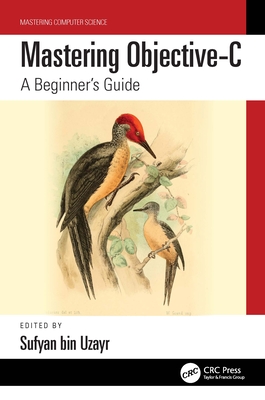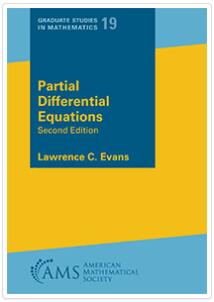
Science Policy, Ethics, and Economic Methodology:Some Problems of Technology Assessment and Environmental-Impact Analysis
物理学史
¥
2020.00
售 价:
¥
1010.00
优惠
平台大促 低至8折优惠
发货周期:外国库房发货,通常付款后3-5周到货
出 版 社
出版时间
1984年12月31日
装 帧
平装
页 码
321
开 本
语 种
英文
综合评分
暂无评分
- 图书详情
- 目次
- 买家须知
- 书评(0)
- 权威书评(0)
图书简介
If indeed scientists and technologists, especially economists, set much of the agenda by which the future is played out, and I think they do, then the student of scientific methodology and public ethics has at least three options. He can embrace certain scientific methods and the value they hold for social decisionmaking, much as Milton Friedman has accepted neoclassical econom ics. Or, he can condemn them, regardless of their value, much as Stuart Hampshire has rejected risk-cost-benefit analysis (RCBA). Finally, he can critically assess these scientific methods and attempt to provide solutions to the problems he has uncovered. As a philosopher of science seeking the middle path between uncritical acceptance and extremist rejection of the economic methods used in policy analysis, I have tried to avoid the charge of being ’anti science’. Fred Hapgood, in response to my presentation at a recent Boston Colloquium for the Philosophy of Science, said that my arguments ’felt like’ a call for rejection of the methods of risk-cost-benefit analysis. Not so, as Chapter Two of this volume should make eminently clear. All my criticisms are construc tive ones, and the flaws in economic methodology which I address are uncovered for the purpose of suggesting means of making good techniques better. Likewise, although I criticize the economic methodology by which many technology assessments (TA’s) and environmental-impact analyses (EIA’s) have been used to justify public projects, it is wrong to conclude that I am anti-technology.
本书暂无推荐
本书暂无推荐













